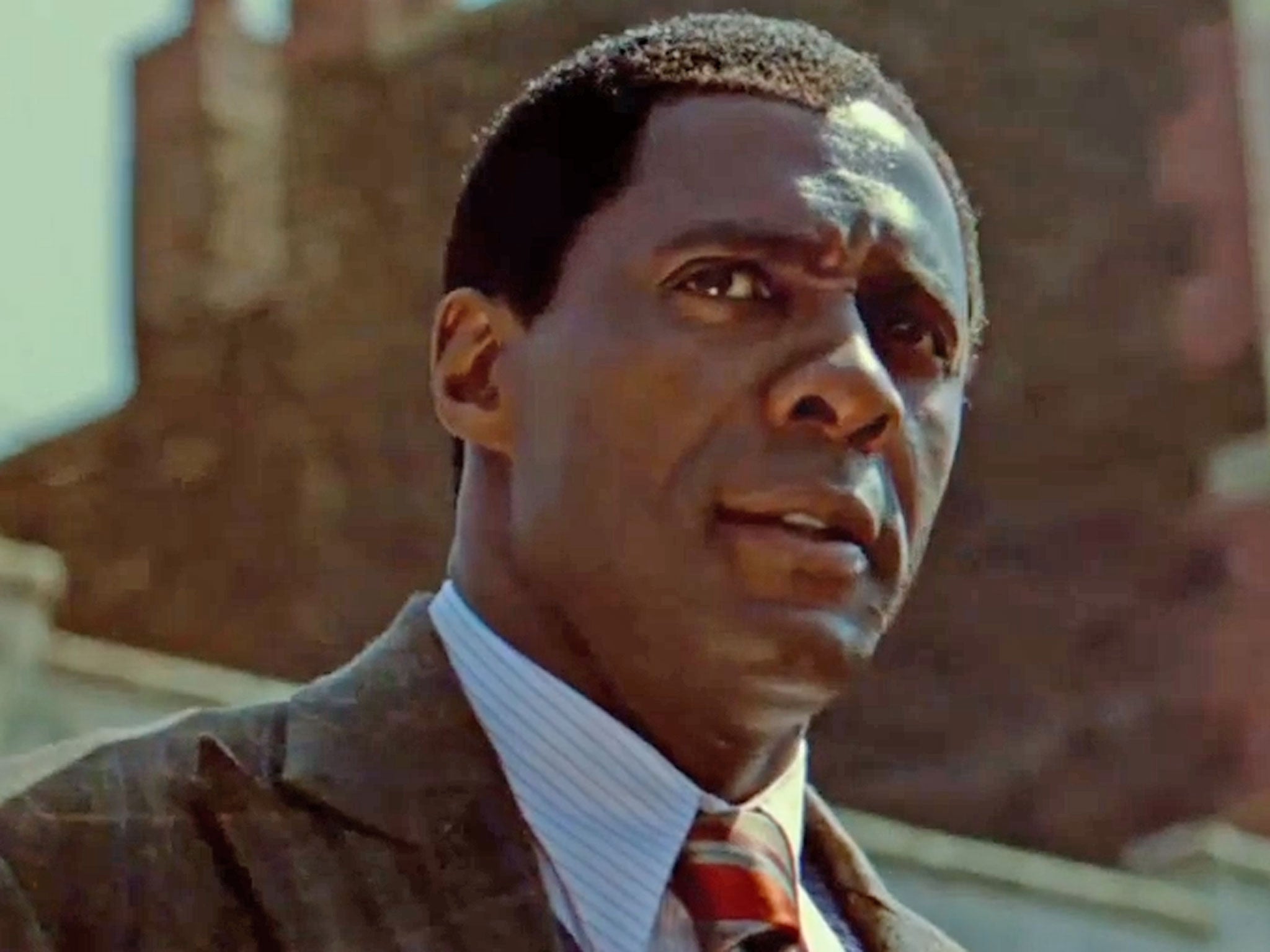Idris Elba plans to relocate to Africa to create ‘Zollywood’
The British actor is building a studio in Zanzibar
Your support helps us to tell the story
From reproductive rights to climate change to Big Tech, The Independent is on the ground when the story is developing. Whether it's investigating the financials of Elon Musk's pro-Trump PAC or producing our latest documentary, 'The A Word', which shines a light on the American women fighting for reproductive rights, we know how important it is to parse out the facts from the messaging.
At such a critical moment in US history, we need reporters on the ground. Your donation allows us to keep sending journalists to speak to both sides of the story.
The Independent is trusted by Americans across the entire political spectrum. And unlike many other quality news outlets, we choose not to lock Americans out of our reporting and analysis with paywalls. We believe quality journalism should be available to everyone, paid for by those who can afford it.
Your support makes all the difference.Idris Elba has declared his intention to relocate to Africa within the next 10 years to help develop the continent’s burgeoning film industry across several nations.
The 52-year-old actor, best known for his roles in The Wire and Luther as well as playing former South African president Nelson Mandela, was born in London to a mother from Ghana and a father from Sierra Leone.
He now plans to honour his African roots by building a film studio on Tanzania’s Zanzibar islands, off the east coast of the continent, and in Accra, the capital of Ghana.
“I would certainly consider settling down here; not even consider, it’s going to happen,” Elba told the BBC.
“I think [I’ll move] in the next five, 10 years, God willing,” the star added. “I’m here to bolster the film industry - that is a 10-year process - I won’t be able to do that from overseas. I need to be in-country, on the continent.”
However, Elba explained that he plans to not be based in just one country and hopes to live in Zanzibar, Accra and Freetown, the capital of Sierra Leone. “I’m going to try and go where they’re telling stories - that’s really important,” Elba said.
One of Elba’s aims with the project is to help Africans own their stories on a global stage.
Speaking to CNN, he said: “A lot of media is centred around (negative depictions of Africa). But the median age in Africa is 19; these young people are optimistic and deserve the chance to tell their own stories.”
In August, the BBC reported that Elba’s project had been approved, with Zanzibar’s investment minister likening the potential to “Hollywood, Nollywood or Bollywood”.
“I’m not sure how we will call it in Zanzibar, whether Zollywood or Zawood,” joked Shariff Ali Shariff.

Watch Apple TV+ free for 7 days
New subscribers only. £8.99/mo. after free trial. Plan auto-renews until cancelled

Watch Apple TV+ free for 7 days
New subscribers only. £8.99/mo. after free trial. Plan auto-renews until cancelled
Nollywood, Nigeria’s film industry, has been a global phenomenon since the 1990s when it rose to fame with such films as Living in Bondage, a thriller with Kunle Afolayan’s Aníkúlápó released in 2022 and peaking at No. 1 on Netflix’s global chart. It is the world’s second-largest film industry after India based on the number of productions, with an average of 2,000 movies released annually.
Despite this, the UN cultural agency reports that African filmmaking has struggled to develop across the continent thanks to numerous issues including piracy and lack of funding.

A pilot programme has been launched this week by the Ghanaian government that aims to bring more financial inclusion for creatives and streamline payments in the industry.
“Popular platforms for monetizing creative work often require bank accounts, which excludes many young Africans,” says Elba. “We need a financial model that allows for consistent quality creation.”

Join our commenting forum
Join thought-provoking conversations, follow other Independent readers and see their replies
Comments